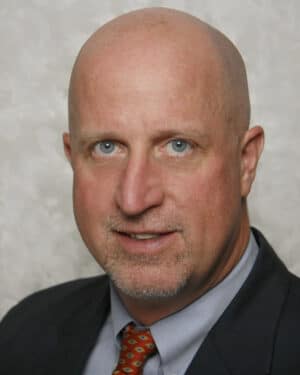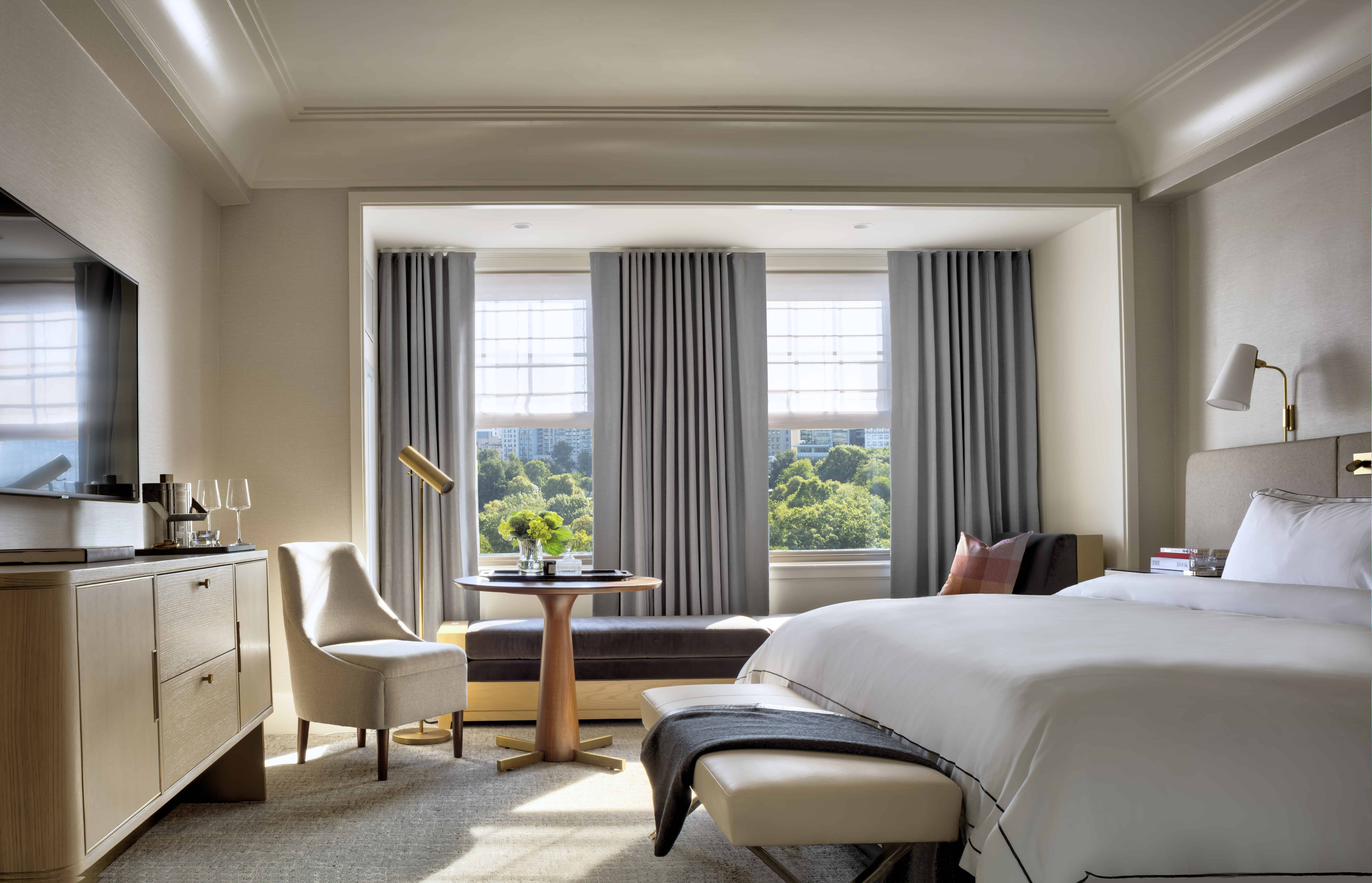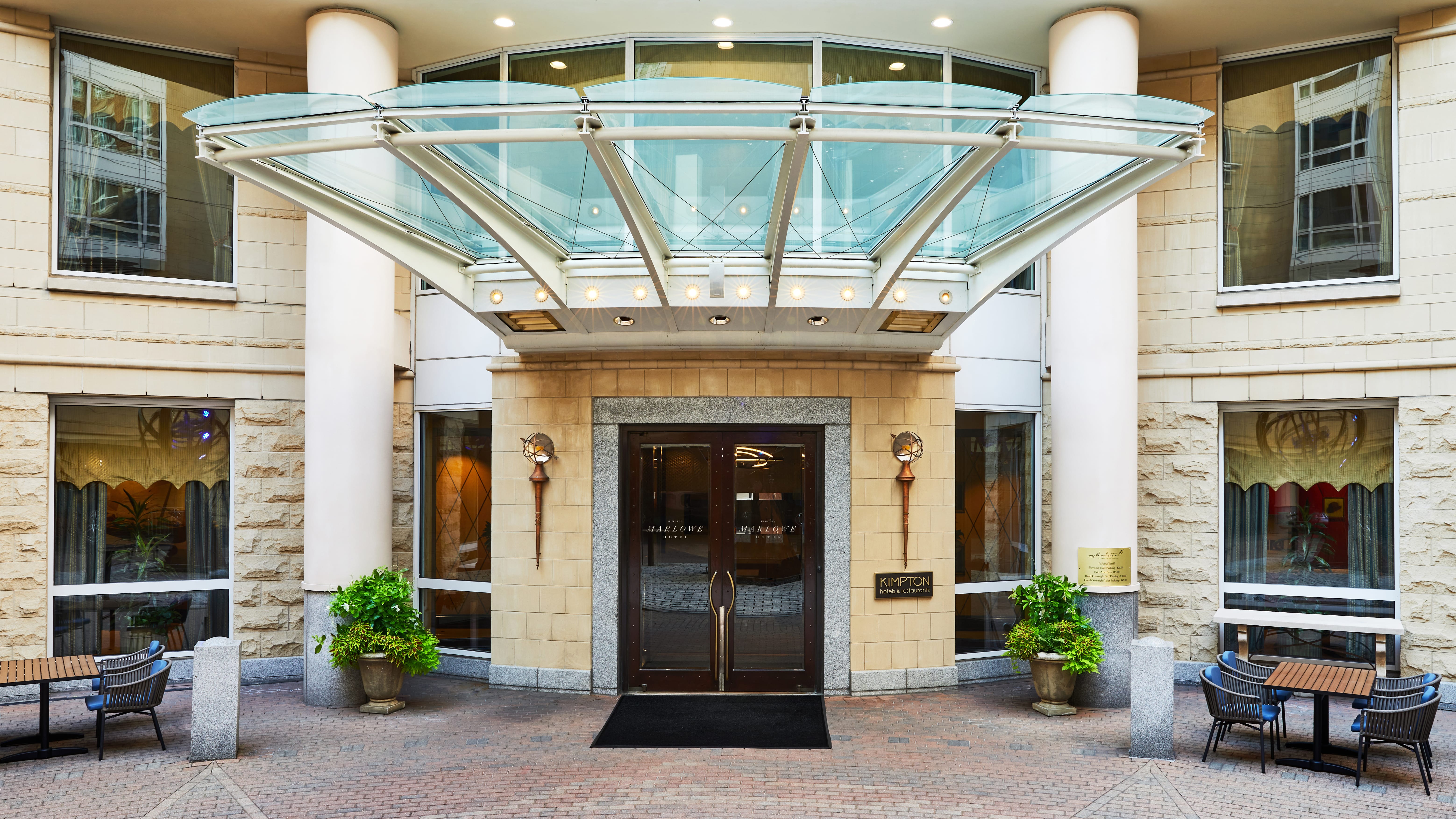Chad Crandell
President and co-founder, CHMWarnick
Age: 60
Industry experience: 38 years
The pandemic upended hotels’ business models and forced owners to rethink their strategies for operations, branding and property upgrades. Beverly-headquartered CHMWarnick steps in to offer guidance on keeping properties competitive and profitable in a rapidly changing hospitality market. The firm advises more than 70 hotels with approximately 29,000 guest rooms and is advising clients on more than $2 billion in development projects.
Q: What’s CMHWarnick’s business model and its traditional focus?
A: We are in our 25th year doing hotel asset management work. We also do some adviser and consulting work, which led us to strike the alliance we just did with Pinnacle Advisory Group just to give us a bigger footprint in our ability to service more traditional hotel consulting work, in addition to our core asset management work.
Q: What are the major differences between consulting and asset management?
A: Consulting tends to be a job where you have a scope of work which is detailed, maybe a market study which needs to be done such as if it’s financially appropriate to build a hotel in a particular location. Or due diligence work when someone is looking to acquire a hotel. Asset management is where we work side-by-side with the owner of the hotel and we really take on a partnership role, and actively manage the relationship with the operator of the hotel. We don’t operate hotels. We manage the real estate investment with the owners: operating budgets, capital plans, cash flow forecasting, marketing and human resource issues and so forth. What’s unique for a hotel investment is when you buy a piece of real estate, the four walls and the roof, you’re buying the success of the business within the four walls. You really have to be active in your ownership.
Q: How are hotel owners approaching the decision of whether to operate independently versus a branded property these days?
A: It’s been a little bit more challenging for the independents during this pandemic. They just don’t have the marketing clout that the brands can bring to the table. It’s challenging for the independents to mobilize the resources for the cleaning protocols. There’s so many aspects to changing your operations. In a more normalized environment, the independents have a lot going for them today. The internet as a playing field for accessing hotel information has never been more robust: Yelp, Tripadvisor, Google, Amazon. All of these providers are looking to help independents and even branded hotels market their location. Where the brands have the advantage is the purchasing power.
Q: What types of questions did you raise with operators helping them decide whether to shut down during COVID?
A: It came down to trying to ratchet down your operations that allowed you to lose less. Everybody was losing money, and many still are. The decision to open or close was: Once the operation was brought down to the point of a temporary suspension of operation, what is our fixed cost of labor versus if we stay open and operate at lower occupancy? That’s the analysis we did. We still have half a dozen hotels still closed out of 70-plus hotels [as clients].
Q: What goes into the decision about timing for opening?
A: Right now, it’s difficult because you don’t get a lot of advance bookings in this environment. Up until now, we didn’t have any group business on our books for most hotels from until September. City and state regulations have been a real challenge for us as hotel owners as well as for customers who are looking to travel. Every state had so many different restrictions. The recovery has been initially strong by leisure travelers. And the key markets that have risen the earliest are the warmer areas on the coast in Texas, Floria, South Carolina and Georgia.
Q: What are some examples of fixed costs that hotels need to cover even when they’re closed?
A: We have some larger convention center hotels in our portfolio and just the cost to stay closed in a temporary suspension can be $1 million to $1.5 million a month. That’s utilities, maintenance, security, skeleton staff, engineering operations in the big hotels because of all the pieces and components. And debt service is on top of that.
Q: What post-pandemic changes are your partners planning in operations and capital improvements?
A: We’re looking at doing some modest renovations this year. We’re certainly planning to do a bit in 2022 and 2023. We’re thinking we’re still going to have available rooms and you can cycle a renovation during that time period. The full recovery isn’t going to occur until 2023 or 2024. We’re starting to see capital renovations in preparations to have the best physical product you can have at the time you have full recovery. Many clients used reserve funds to fund operating costs. But where is the capital right now if the reserves have been depleted?
Q: How much workout and receivership activity has there been in the past year?
A: Not as busy as expected. Everyone thought it was going to be a tidal wave. I refer to it as a high tide. The tide is coming in and lifting these hotels’ financial performance in a strong V-shaped recovery.
Crandell’s Five Favorite North Shore Beaches
- Good Harbor, Gloucester
- West Beach, Beverly Farms
- Crane Beach, Ipswich
- Wingaersheek Beach, Gloucester
- Dane Street Beach, Beverly




 |
| 


